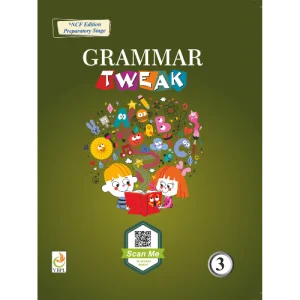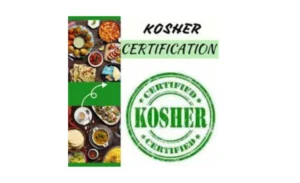Essential Kosher Guide: Trusted Food Laws & Standards

Kosher
Food is not only about nourishment, but also represents faith, tradition, and culture. Learning Kosher is crucial to companies and consumers who would like to observe Jewish food requirements to the letter. Kosher Certificate has been advising companies in a way that they achieve these standards, ensuring quality and authenticity.
What is Kosher and Why It Matters
The word Kosher originates in the Hebrew language, which means: fit or proper. It is used to refer to foods cooked in ways that comply with Jewish dietary rules, which specify which foods are permissible to consume and how to prepare foods. A Certificate assists companies in complying with regulations and earning the trust of different markets.
The other point about Kosher is the great religious and cultural relevance of it. It is not the diet, but it is discipline, purity, ty, and holding to long-established traditions. A Certificate can assist the business with respecting these values and delivering the certified food products to the world market.
Rules That Define Kosher
Kosher has one of the fundamental rules, which involves the divisions of foods into categories, as meat, dairy, and pareve (neutral). Meat and dairy cannot be combined or eaten together; each has to have a separate set of utensils. A Certificate ensures that there is a strict separation in the businesses.
One more feature is the choice of animals and fish. Only some species can be discussed as permissible, and they should be slaughtered and prepared based on particular rules. A Certificate provides professional supervision so that the companies may satisfy these specific requirements without mistake.
Kosher in the Modern Food Industry
Become the symbol of quality and safety worldwide in the modern market. The products being made according to the rules of considered to be cleaner and with elevated standards by many consumers, even non-Jewish ones. A Kosher Certificate allows food manufacturers to achieve such expectations and increase their customer base.
The other point that explains why Kosher is relevant in the contemporary food industry is related to exports. Certified products have a better chance in the foreign markets, providing the brands with a new opportunity. Certificate is the way businesses can get this advantage because their compliance is included in the global recognition.
Benefits of Choosing Kosher
Kosher provides peace of mind to consumers (especially religious types) because they can be assured that the food they buy has been produced or prepared under very strict rules about quality. The trust renders the products very necessary in communities around the world. The Certificate lends authenticity to all the stages related to authenticity.
To companies, certification is an entry to development. It aids them in developing confidence, opening new markets, and developing a favourable brand reputation. A Certificate helps businesses make the process of certification as simple as possible and ensure long-term compliance.
Conclusion
Learning About Kosher is more than just food; it entails tradition, faith, and new opportunities. The Kosher Certificate guarantees that companies comply with laws regarding diet and honors cultural beliefs and standards, as well as international standards. It also helps brands build trust with global consumers who value authenticity and quality. By embracing, businesses can expand their reach and strengthen their reputation in competitive markets.
Adopting Kosher therefore not only benefits the Jewish community but will reaches out to a broader market of people who want quality and service that they can trust. Certification is a means of transitioning between tradition and contemporary business development; thus, choosing compliance is of great value in the current international food sphere. It also strengthens brand credibility by aligning with strict global standards. Businesses that embrace gain both consumer trust and long-term growth opportunities.



